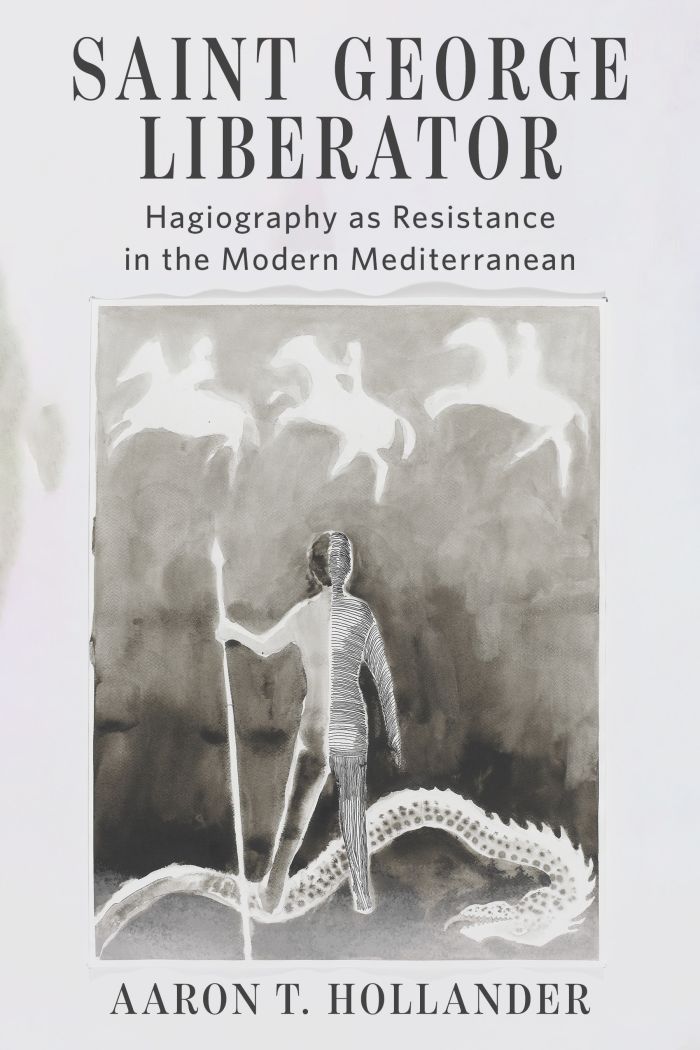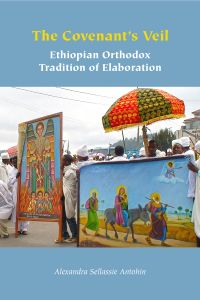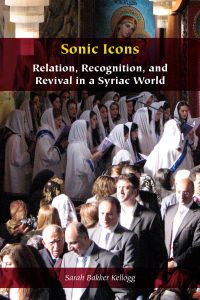Saint George Liberator
Hagiography as Resistance in the Modern Mediterranean

This book can be opened with

A groundbreaking investigation of how representations of Orthodox Christian saints serve as means of resistance amid cultural and political domination
On the eastern Mediterranean island of Cyprus, repeatedly conquered and colonized, Orthodox Christians have long struggled for political self-determination, agricultural sustainability, and spiritual wholeness. Saint George Liberator illuminates the intimate interplay of Christian theology and Mediterranean politics through the lens of St. George: the martyred soldier of pre-Constantinian Christianity, the liberator of captives and protector of the downtrodden, the dragonslayer of medieval legend. A saint beloved by Christians and Muslims alike, St. George’s representations across many different media are upheld as means of resistance and hope in contexts of domination and suffering. The book offers a profound and original reading of Orthodox hagiography, demonstrating how hagiography is not only an art form of historical significance but also a vibrant, living theology of liberation amid struggles to be whole and free.
Saint George Liberator is interdisciplinary in its methodology and scope, deepening its vivid ethnographic narration through conversation with sociological theory and the historical theology that has shaped Orthodox Christian society and consciousness over the course of centuries. Enmeshed in the multicultural complexity of the Ottoman and British Empires, modern Cyprus offers a case study of how colonized and colonizing populations may turn to the same religious repertoires for understanding themselves and one another, telling opposing stories with shared symbols and claiming the means of interpretation as a path of cultural resistance. As a case study in interreligious imagination and the political power of vernacular theology, the book speaks of psychosocial dynamics that far exceed their enactment in Cyprus. It shows that Christian saints, mediated diversely in material and intellectual culture, may not only propose magnetic alternatives to the world as it is but also directly aid in forming Christian publics for liberative politics in the present.
Saint George Liberator is a richly imaginative study of popular hagiography and spiritual resistance in Cyprus. Hollander deftly works at the intersection of aesthetics, ethics, and politics to reveal how St. George remains vital in a conflict-ridden zone of memory.—Angie Heo, University of Chicago
Saint George Liberator is a fabulous narrative and study of Christian hagiography and how to understand, read, and interpret the multivalent layers of lived religion. By documenting contemporary Cypriot interlocutors in their relationship with the early Christian martyr, Saint George, Hollander has written a book that interweaves political history, hagiographic methodology, and religious identity with an insightful ecumenical flavor.—James C. Skedros, author of St. Demetrios of Thessaloniki: Civic Patron and Divine Protector
Preface | ix
Stylistic Note | xiii
List of Figures | xv
Map of Cyprus | xviii
Introduction: The Beautiful Struggle | 1
1. Lives and Afterlives of Saint George | 28
SAINT GEORGE SWIFTHELPER
2. Deliverance for the Desperate | 65
3. Border Crosser and Border Keeper | 101
SAINT GEORGE GREATMARTYR
4. Mimetic Suffering and Reverberating Glory | 137
5. The Martyred Island | 177
SAINT GEORGE DRAGONSLAYER
6. The Land, the State, and the Threat of Monsters | 223
7. The Dragon Within | 266
Conclusion: Orthodox Identities and the Ecumenics of Liberation | 303
Acknowledgments | 313
Notes | 317
Selected Bibliography | 425
Index | 449




